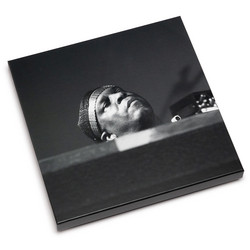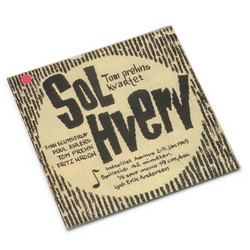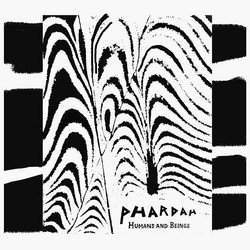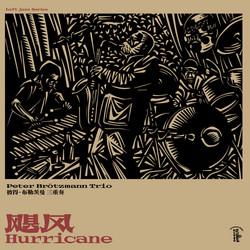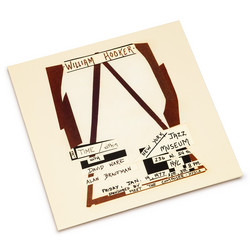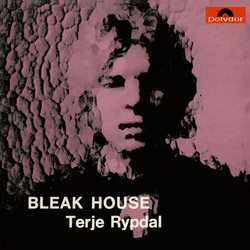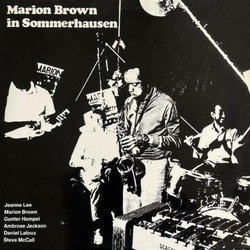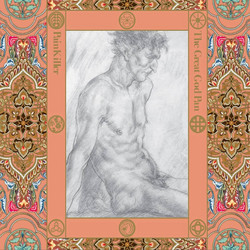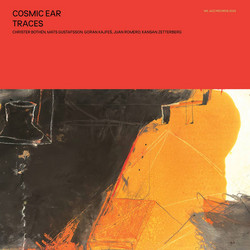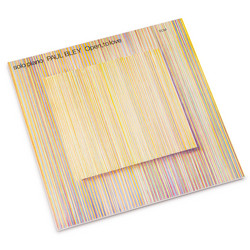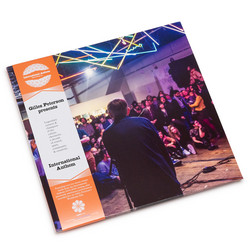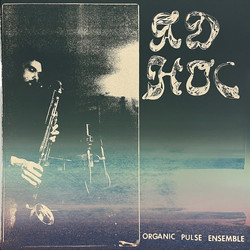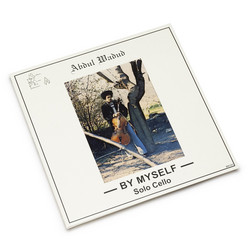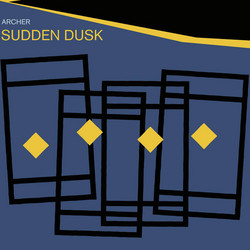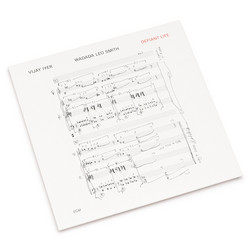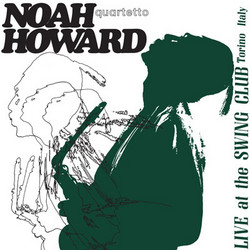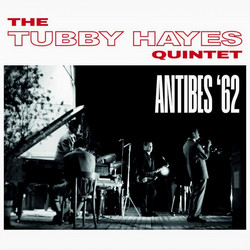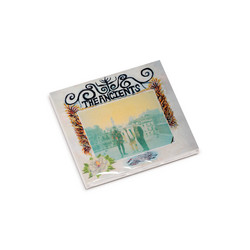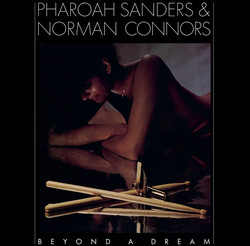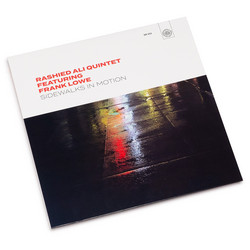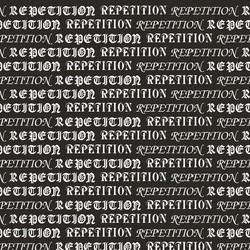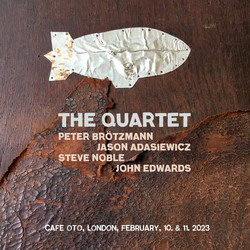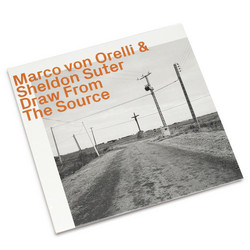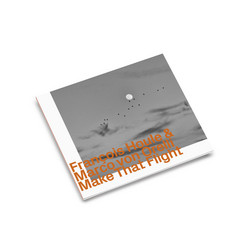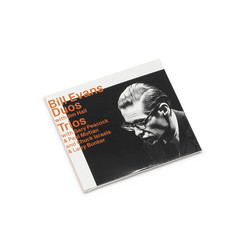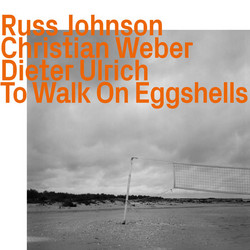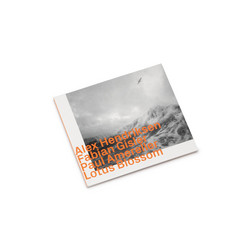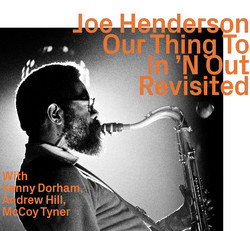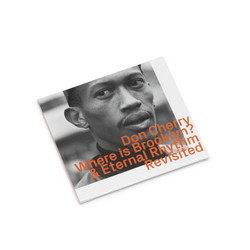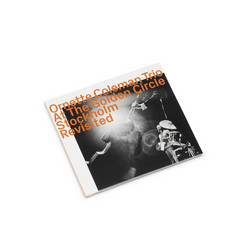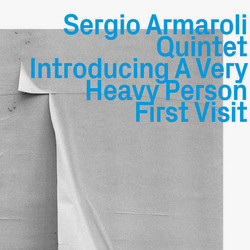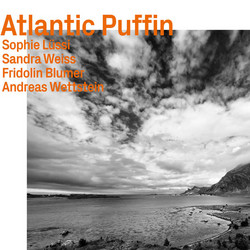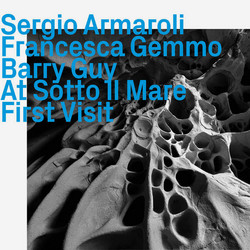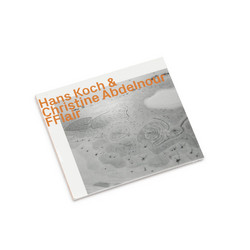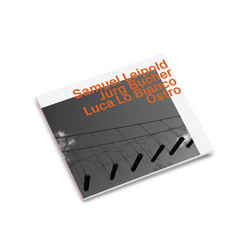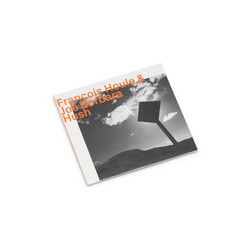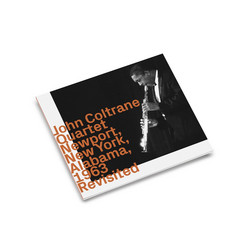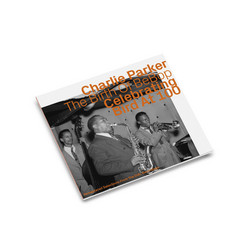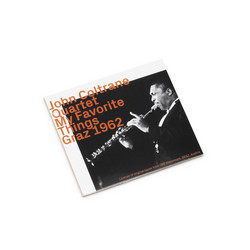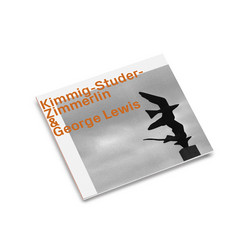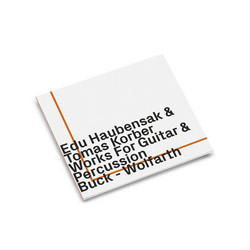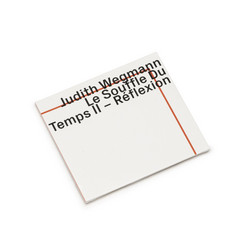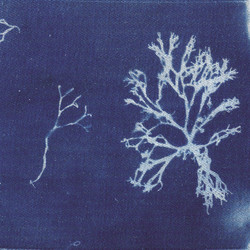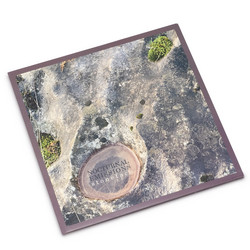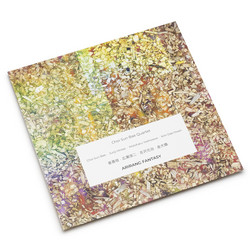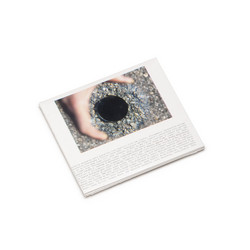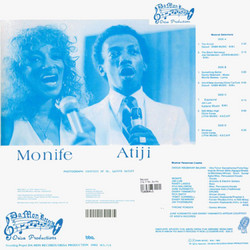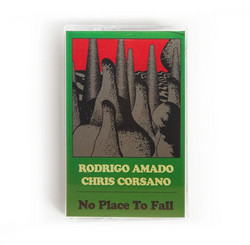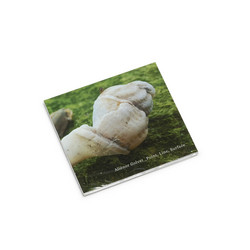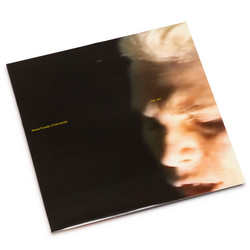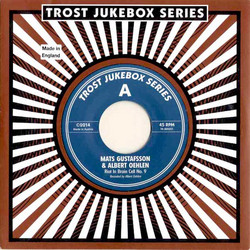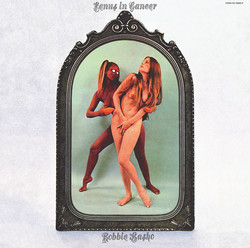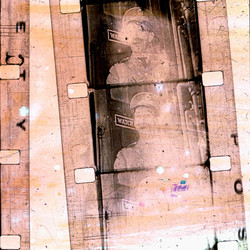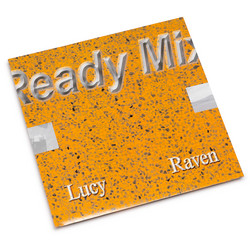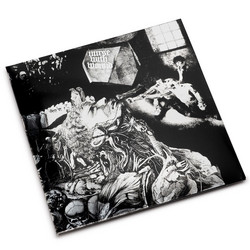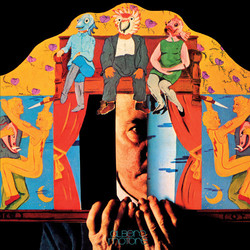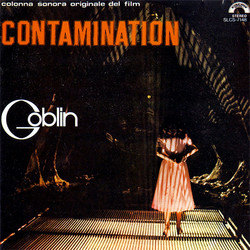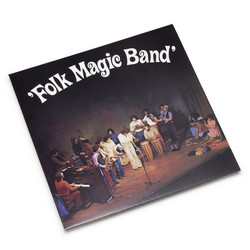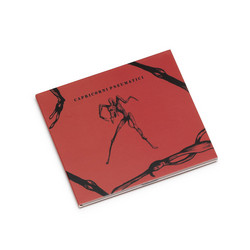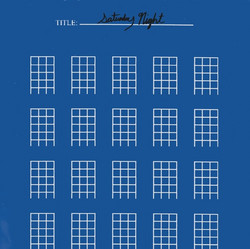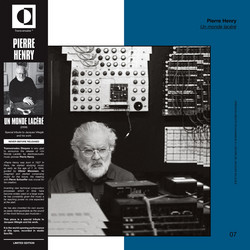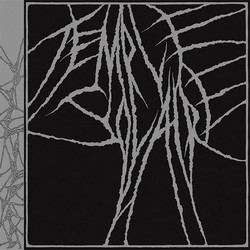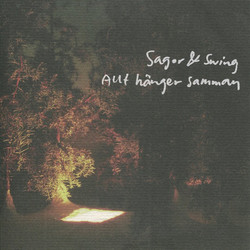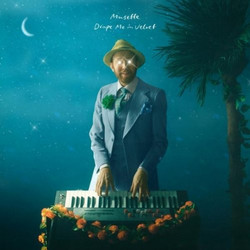Temporary Super Offer! In 1908, Charles Ives wrote a work called “The Unanswered Question”. It was for the unusual instrumentation of offstage string ensemble, woodwind quartet and, most significant for our purposes here, solo trumpet. Though it was inspired, we think, by Ralph Waldo Emerson’s poem “The Sphinx”, Ives provided his own explanatory text. The trumpet asks “The Perennial Question of Existence” seven times, to which the woodwinds provide only six increasingly disordered answers, while the strings, heard at a certain distance, convey the silence of eternity.
More than a century later, we have Marco von Orelli and The Unasked Answer. This is a clever title, not just in prompting the reference to Ives and his famously “dissonant”, nontonal music, but also because an improvisation, and particularly a solo one, can often seem like the answer to a question no one has explicitly articulated. Indeed, I once reviewed a concert by a rather famous improviser by describing it as “a series of answers to questions I didn’t know I was asking”, which was meant as a compliment, even though some took it to convey sarcastic disapproval. In that same review, I used the word “quiddity”, which I like because it’s old-fashioned and not much in general use in English. It comes from the Latin quis meaning who or what, and it’s related to words like “quirk” and “quibble”, all of them suggesting personality, idiosyncrasy, the quintessence (another “q”!) of a thing or person, sometimes meaningless argument – all things that in some waypoint us toward the nature of improvised music.
"... I hear a deep warmth in von Orelli’s music, a man speaking to and from the heart. In Emerson’s verses the poet who answers the Sphinx mentions love more than once. His first thought, as he attempts to address the creature’s questions is “Deep love lieth under / These pictures of time” and that was my first thought when listening to Marco von Orelli’s The Unasked Answer. Time, yes, is always the most fundamental component of music, but love sometimes doesn’t get a look in. The poet doesn’t give up. He knows that there is pain in existence and in art, even under pleasure. But he insists, coming back to his main point, that “Love works at the center”. As it does here." - Brian Morton
